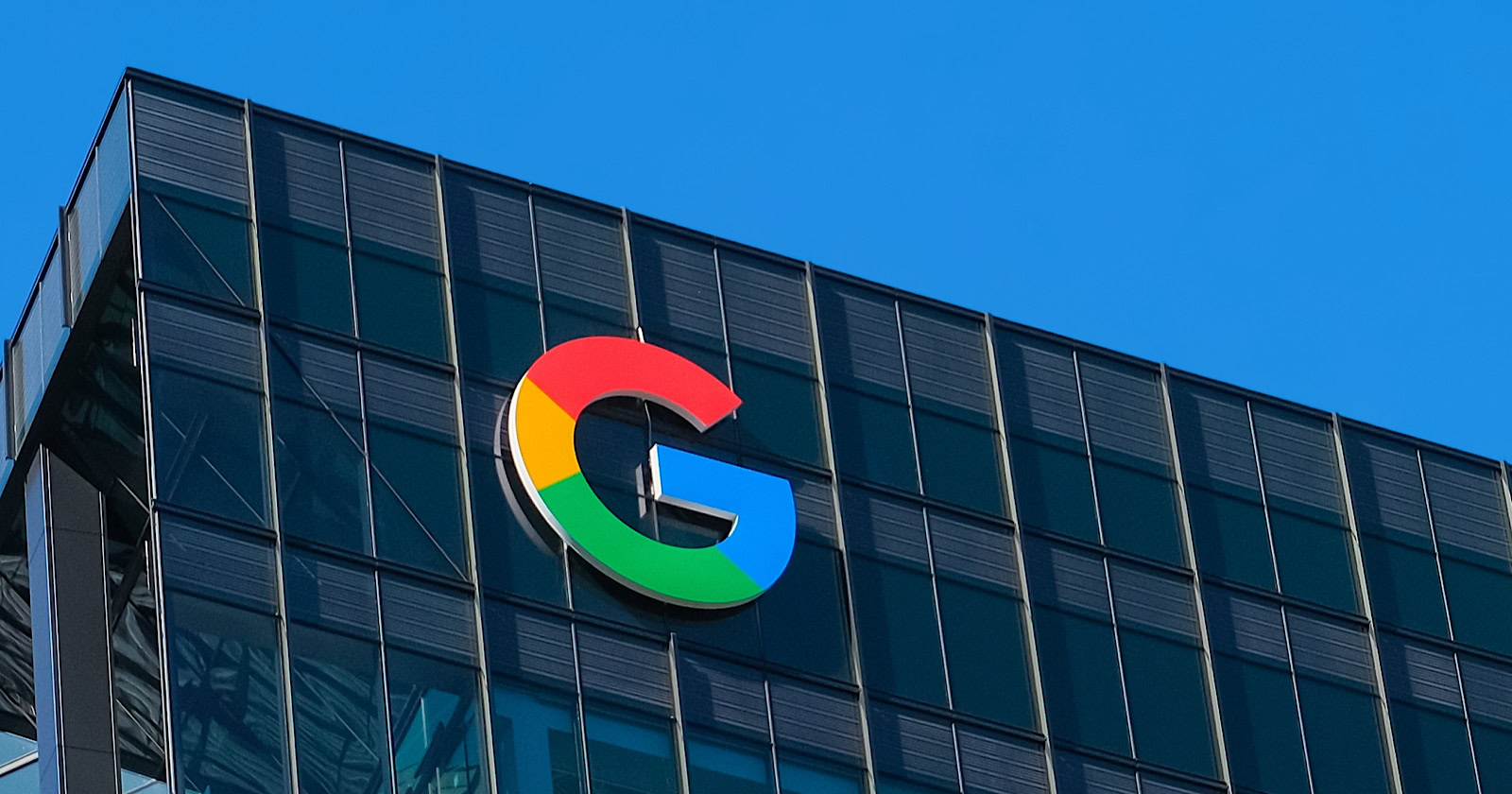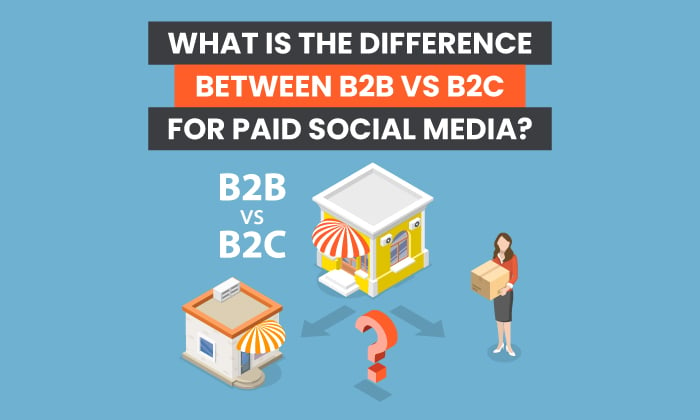Google’s Mueller On How To Handle Legacy AMP Subdomains via @sejournal, @MattGSouthern
Google's John Mueller advises site owners on managing outdated AMP subdomains, suggesting redirects or complete DNS removal. The post Google’s Mueller On How To Handle Legacy AMP Subdomains appeared first on Search Engine Journal.

Advertisement
Google's John Mueller advises site owners on managing outdated AMP subdomains, suggesting redirects or complete DNS removal.
Mueller recommends either keeping 301 redirects or removing the AMP subdomain entirely from DNS. For sites with 500,000 pages, crawl budget impact from legacy AMP URLs isn't a major concern. AMP subdomains have their own separate crawl budget from the main domain.
Google Search Advocate John Mueller has provided guidance on handling legacy AMP subdomains and their impact on crawl budget, addressing a common concern among large website owners.
A website owner managing approximately 500,000 URLs sought advice on Reddit about crawling an abandoned AMP subdomain.
He noted the crawling persists despite implementing 301 redirects three years ago.
The situation highlighted the challenges websites face when transitioning from previously implemented AMP solutions.
Key Details
The site owner reported that Googlebot continues to crawl hundreds of thousands of AMP URLs, even though:
All AMP URLs were redirected to the main domain three years ago The AMP sitemap file is empty Both HTTP and HTTPS versions are affectedMueller’s Response
Mueller offered two straightforward solutions:
Maintain the current redirect setup Remove the hostname from DNS entirelyNotably, Mueller downplayed concerns about crawl budget impact, stating:
“If it’s a separate subdomain, it’ll generally have it’s own “crawl budget”. Also, with 500k pages, I don’t know if you’d really need to worry about crawl budget, even if it were not on a separate host name.”
Context
This guidance comes at a time when many publishers are reconsidering their AMP implementation strategies.
Mueller’s response suggests that complex technical solutions may not be necessary for managing deprecated AMP content.
For website owners facing similar challenges, Mueller pointed to Google’s “Large site owner’s guide to managing your crawl budget” for additional information.
Also see: How To Manage Crawl Budget For Large SitesAnalysis
Mueller’s response indicates that crawl budget optimization is a valid concern for huge websites.
On the other hand, for mid-sized sites with around 500,000 pages, it’s not worth worrying about.
Next Steps
This development provides direction for technical SEO professionals managing the transition from AMP implementations.
When dealing with legacy AMP implementations, you can choose between:
Maintaining existing 301 redirects Implementing a DNS-level solution Consulting Google’s crawl budget documentation for specific casesSEJ STAFF Matt G. Southern Senior News Writer at Search Engine Journal
Matt G. Southern, Senior News Writer, has been with Search Engine Journal since 2013. With a bachelor’s degree in communications, ...

 BigThink
BigThink 































